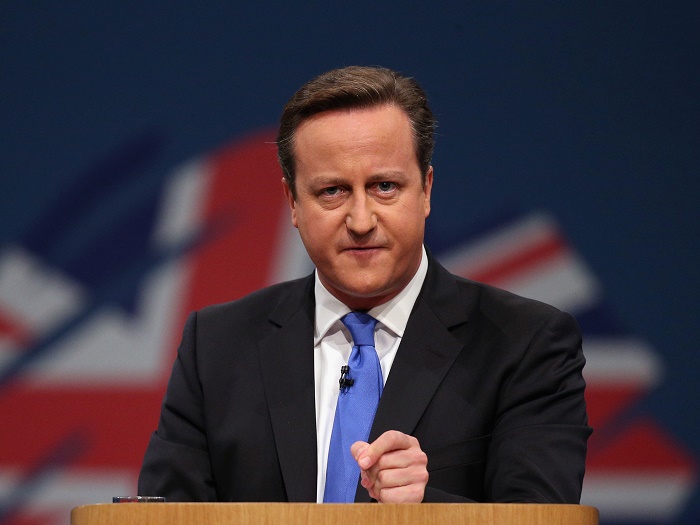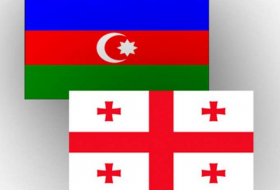Turkey unlikely to join EU until the year 3000 - David Cameron

The Turkish strategy is central to the Brexit campaign’s attempt to raise public concern about immigration, as betting markets suggest a Remain vote is looking more likely.
Britain has long supported Turkish accession to the EU, but Mr Cameron told the ITV on Sunday that it would be “literally decades before this even had a prospect of happening”.
Mr Cameron also criticised Penny Mordaunt, a pro-Brexit defence minister, who incorrectly said on Sunday that Britain did not have a veto over Turkish accession.
“The Leave campaign are making a very misleading claim,” Mr Cameron said. “Britain and every other country in the EU has a veto on another country joining. That’s a fact. This really calls into question their judgment.”
Turkey, which took its first step towards joining the former European Economic Community in 1963, has made slow progress ever since. It falls far short of EU standards in areas such as free speech and media.
Vote Leave conceded that while Britain would have a veto on Turkish accession it has said it would not use it, pointing out that Mr Cameron said on several visits to Ankara that he backed Turkey’s EU membership bid.
The pro-Brexit campaign needs a game-changer as the fight over Britain’s EU membership enters its final month; the FT’s poll of polls gives Remain 47 per cent and Leave 40 per cent.
Betting markets are becoming more confident that Britain will stay in the EU. Paddy Power’s odds on a Remain vote have shrunk to 2/9 from 1/3 three weeks ago, implying an 82 per cent chance of Britain staying a member.
Mr Cameron, writing in the Sun on Sunday, tried to press home his perceived advantage on the economy by claiming that a Brexit vote could put up grocery bills.
“A weaker currency means more expensive imports; that means more expensive food and it drives higher business costs,” he wrote.
Meanwhile, Simon Stevens, head of cash-strapped NHS England, claimed a Leave vote would be “very dangerous” because an economic downturn would leave the health service in an even more parlous financial situation.
Mr Stevens and Mr Cameron have formed a united front to counter a powerful Leave campaign argument that if Britain left the EU, it could switch cash sent to Brussels into the health service.
The Vote Leave battle bus is emblazoned with claims that leaving the EU could help save the NHS, one of the main ways in which the campaign is illustrating its demand that Britain should “take back control” of its destiny.
Mr Cameron said the EU referendum was “more important” than a general election because the repercussions would be felt by future generations, while a government could be voted out after five years.
The prime minister also toughened his criticism of Donald Trump, saying that the US presidential hopeful’s suggestion that Muslims be banned from entering the US was “dangerous”.
But he also said he would meet Mr Trump if he came to Britain: “American presidential candidates have a habit of coming through Europe and the UK and if that happens I would be very happy to.”















































